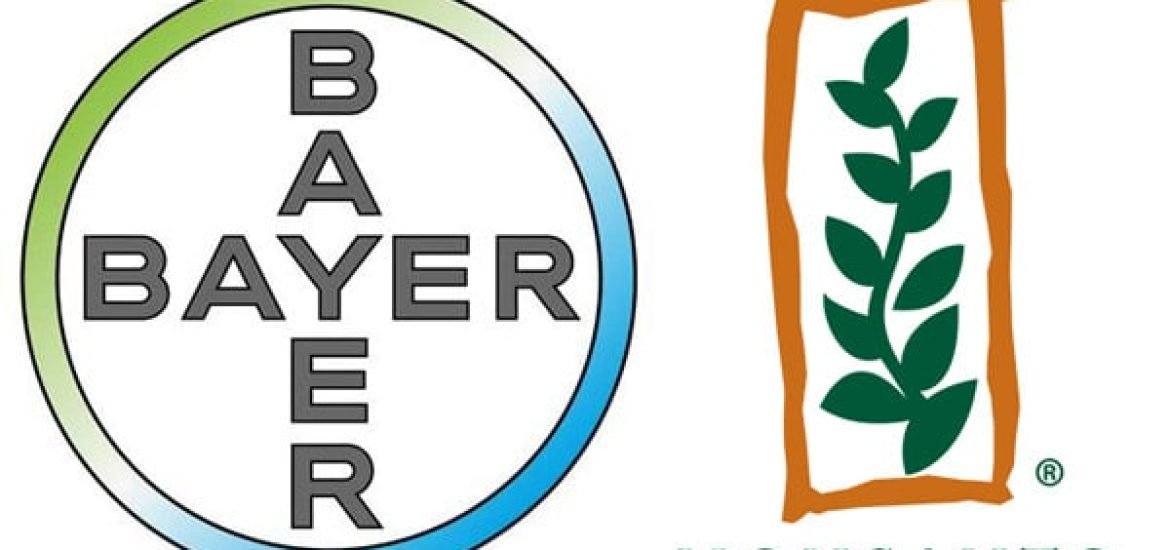
The European Commission regulators are looking “very carefully” at the competition issues in the combination of Bayer and Monsanto. They stated they wanted to make sure farmers still have choice and “affordable prices, both when it comes to seeds and pesticides”.
The European Commission issued formal objections 10 days ago, cataloguing reasons for the European Union’s antitrust regulator to block Bayer’s planned $66 billion takeover of Monsanto. Concerns over the creation of the world’s largest portfolio of pesticides has lead the EU to run an extremely wide-reaching investigation, demanding huge amounts of information. This aims at making sure EU farmers still have choice and “affordable prices, both when it comes to seeds and pesticides” after the merger, EU Competition Commissioner Margrethe Vestager said.
The Commission’s specific concerns remain confidential. Nevertheless, we know Bayer indeed is one of the only companies to produce an alternative to Monsanto’s blockbuster herbicide Roundup. The Commission has the power to either block mergers or demand divestments by the companies. It has until March 5 to reach a final decision. In the meantime, Bayer and Monsanto officials met with the EU regulators and asked for a precise list of regulators’ concerns that they can address with a package of concessions.
the German agrichemical giant has spent at least 12 months trying to comply with Eu regulations. It has already signed an agreement to sell some of its crop science businesses, including its LibertyLink technology, for €5.9 billion. It’s not clear if regulators were involved in drawing up that deal. Despite these efforts, the merger could still be compromised. Monsanto has become a pet peeve of European environmentalists because of its production of genetically modified crops, and they have been pushing against the deal with all their weight – creating the hashtag #mergerfromhell.
Those objections come less than a month after the EU gave its red light to Monsanto’s herbicide Roundup, which was renewed for another five years. This could be seen as a good omen by both companies. However, having lost their fight to ban the glyphosate-based chemical, environment activists now this the mega-merger as a second chance to fight the substance off European ground.
This post is also available in: FR (FR)